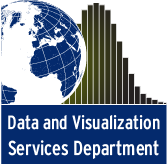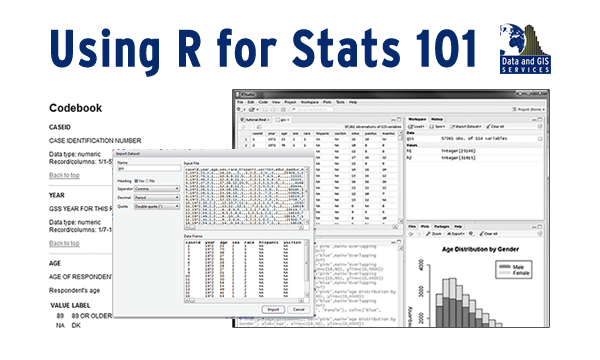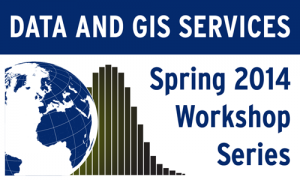 In cooperation with the Triangle Research Library Network, Duke Libraries will be participating in Love Your Data Week on February 13-17, 2017. Love Your Data Week is an international event to help researchers take better care of their data. The campaign focuses on raising awareness and building community around data management, sharing, preservation, and reuse.
In cooperation with the Triangle Research Library Network, Duke Libraries will be participating in Love Your Data Week on February 13-17, 2017. Love Your Data Week is an international event to help researchers take better care of their data. The campaign focuses on raising awareness and building community around data management, sharing, preservation, and reuse.
The theme for Love Your Data Week 2017 is data quality, with a related message for each day.
- Monday: Defining Data Quality
- Tuesday: Documenting, Describing, and Defining
- Wednesday: Good Data Examples
- Thursday: Finding the Right Data
- Friday: Rescuing Unloved Data
Throughout the week, Data and Visualization Services will be contributing to the conversation on Twitter (@duke_data). We will also host the following local programming related to the daily themes:
- Tuesday February 14: Data Management Tools: Colectica for Excel: Learn about the importance of documentation and how to document your data using Colectica.
- Thursday February 16: Web Scraping: Gathering webpage data, parsing, and APIs: Learn how to build a corpus of data through scraping, crawling, and parsing web content.
- Spring 2017 Data Management Workshops: Check out other upcoming data management workshops on tools and strategies that can help you love your data!
In honor of Love Your Data Week chocolates will be provided at these workshops!
The new Research Data Management staff at the Duke Libraries are available to help researchers care for their data through consultations, support services, and instruction. We can assist with writing data management plans that comply with funder policies, advise on data management best practices, and facilitate the ingest of data into repositories. To learn more about general data management best practices, see our newly updated RDM guide.
Contact us at askdata@duke.edu to find out how we can help you love your data!
Get involved in Love Your Data Week by following the conversation at #LYD17, #loveyourdata, and #trlndata.
All promotional Love Your Data 2017 materials used under a Creative Commons Attribution 4.0 International License.
Citation: Bass, M., Neeser, A., Atwood, T., and Coates, H. (2017). Love Your Data Week Promotional Materials. [image files]. Retrieved from https://osf.io/r8tht/files/









 The fall of 2014 marks the completion of the first five years of the libraries’
The fall of 2014 marks the completion of the first five years of the libraries’ 
 How do you support 57,860 online students
How do you support 57,860 online students 